G20’s midlife crisis
The G20’s response to the economic crisis was effective, the expansion of its scope was logical. This week’s Summit in Argentina is an opportunity to build consensus and deliver on concrete economic policy design
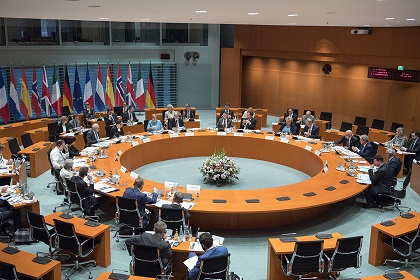 Courtesy: G20
Courtesy: G20
The G20’s response to the economic crisis was effective, the expansion of its scope was logical. This week’s Summit in Argentina is an opportunity to build consensus and deliver on concrete economic policy design
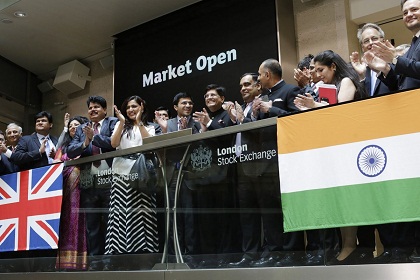 Courtesy: PiyushGoyal.in
Courtesy: PiyushGoyal.in
The emergence of masala bonds as a funding vehicle for Indian companies can aid India’s geoeconomic goals. Most of them are listed in the London Stock Exchange. But is India leveraging fully the rupee’s internationalisation?
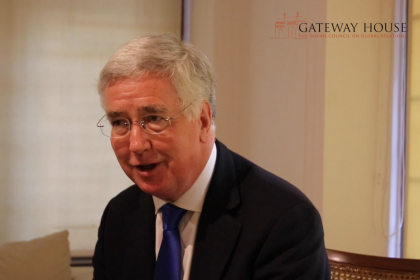 Courtesy: Gateway House
Courtesy: Gateway House
Gateway House, in collaboration with the British Deputy High Commission, hosted a roundtable discussion with Sir Michael Fallon, Secretary of State for Defence, United Kingdom. After the discussion, Gateway House interviewed the Minister about the potential for India-UK defence cooperation in dealing with traditional and cyber threats, and hybrid warfare.
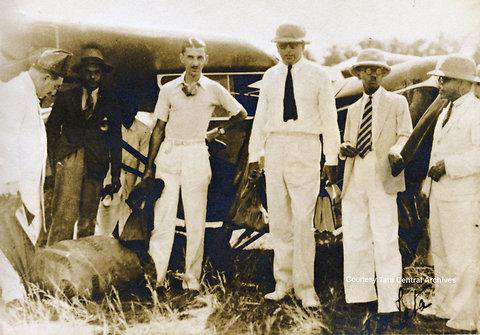 Courtesy: Consulate General of France in Mumbai
Courtesy: Consulate General of France in Mumbai
All eyes are on the outcome of the French elections next month with its portents of a far right president being the people’s choice. But it was 200 years ago that Bombay forged its French connection. Trade with France ushered in cultural influences while the city’s early nationalists were drawn to the French Revolution’s political philosophy of ‘Liberty, Equality and Fraternity’
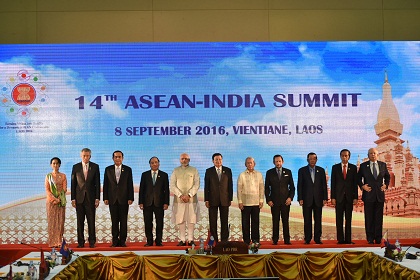 Courtesy: MEA/ Flickr
Courtesy: MEA/ Flickr
The Indo-Pacific region is home to some of the largest and most rapidly growing economies as also powerful military forces. Nuclear threats, international terrorism and climate change are some of the issues that define the region. Uncertainty dogs relations among the four nations in the top league—U.S., China, India and Japan—but what is emerging is a hawkish, policy stance from the U.S. as opposed to an isolationist outlook apprehended earlier
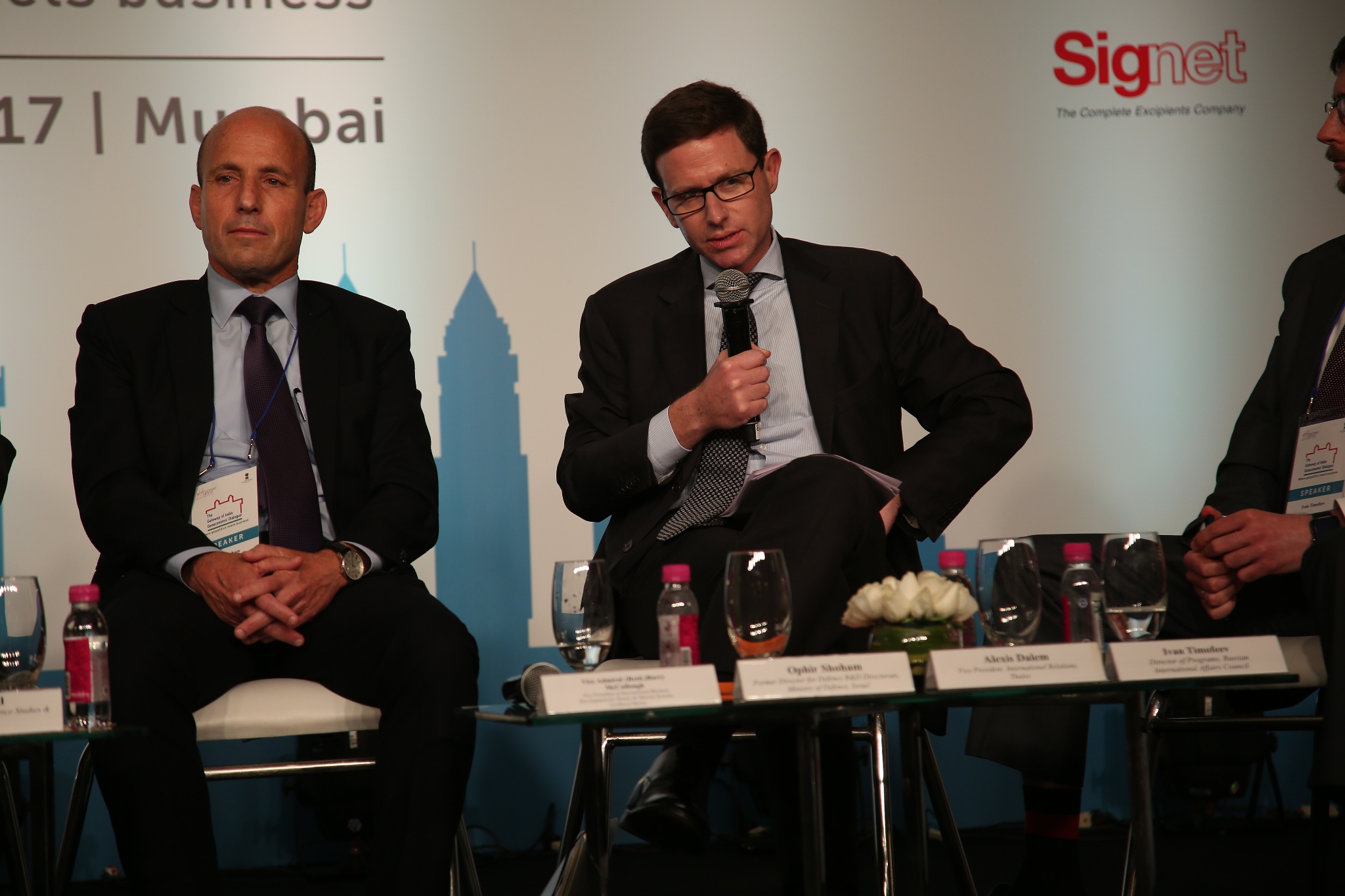 Courtesy: Gateway House
Courtesy: Gateway House
In Alexis Dalem's interview he discusses areas on which Thales and India have collaborated in the past and can collaborate in the future, in the defense, security and aerospace spheres, and under the Make in India policy. He laid emphasis on Thales's policy of willingness for technology transfer and production in India and their ambition to co-develop products and export from India, since they have a strong belief in India's industrial competitiveness and skilled workforce. He further applauds Modi's recent FDI changes in India as it allows for this technology transfer, enables Thales to retain a certain level of control in their subsidiaries in India and creates an investment positive business environment.
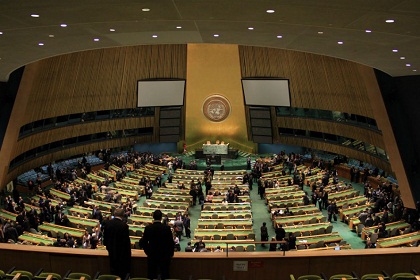 Courtesy: IB Times
Courtesy: IB Times
The era of globalisation is drawing to a close and a new one is emerging—an era of bilateralism over globalisation, of domestic over foreign focus, and reality-based policy-making
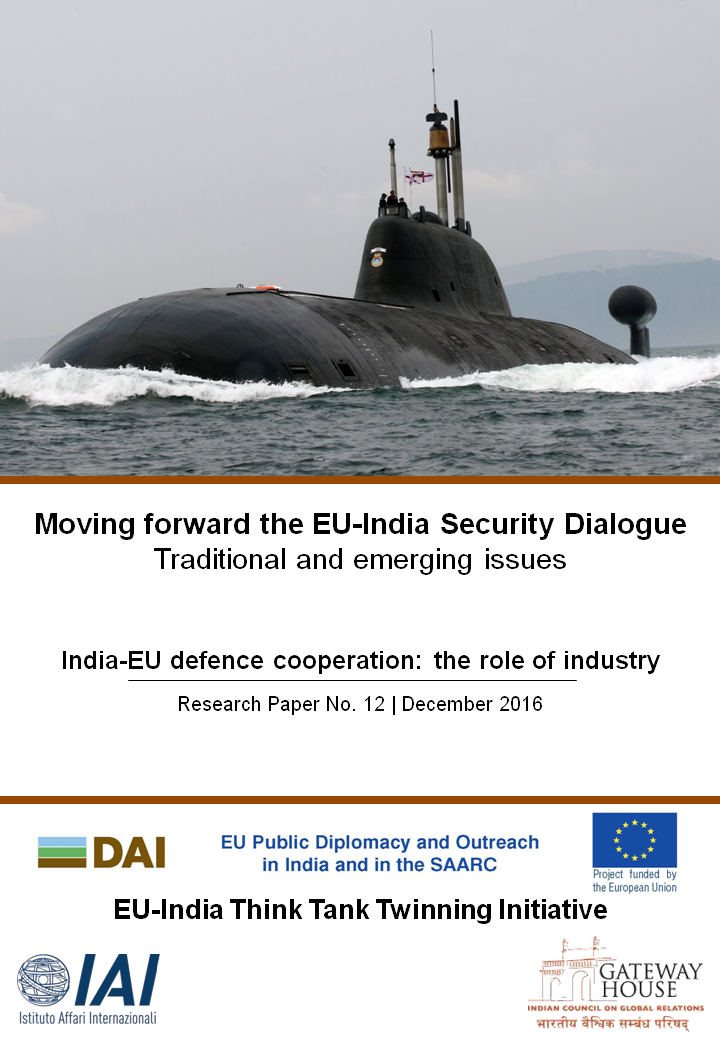 Courtesy: Wikipedia
Courtesy: Wikipedia
European defence companies can contribute significantly to India’s military modernisation under the ‘Make in India’ campaign. But before this can happen they will have to deepen their interactions in the country at the political and strategic levels to identify common areas of interest and understand India’s technological priorities in the sector
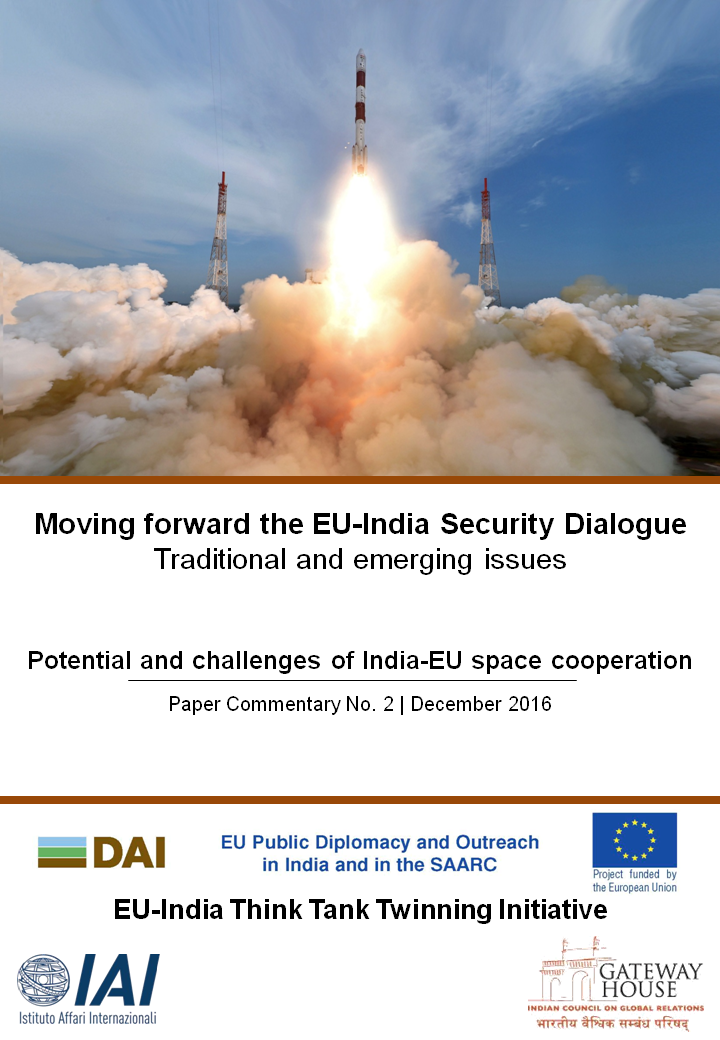 Courtesy: Wikipedia
Courtesy: Wikipedia
India-EU space collaboration is still nascent largely due to the EU’s limited autonomy over its space programme. Astro-geopolitics, an inevitable successor to geopolitics, requires confidence-building and furthering strengthening of bilateral linkages
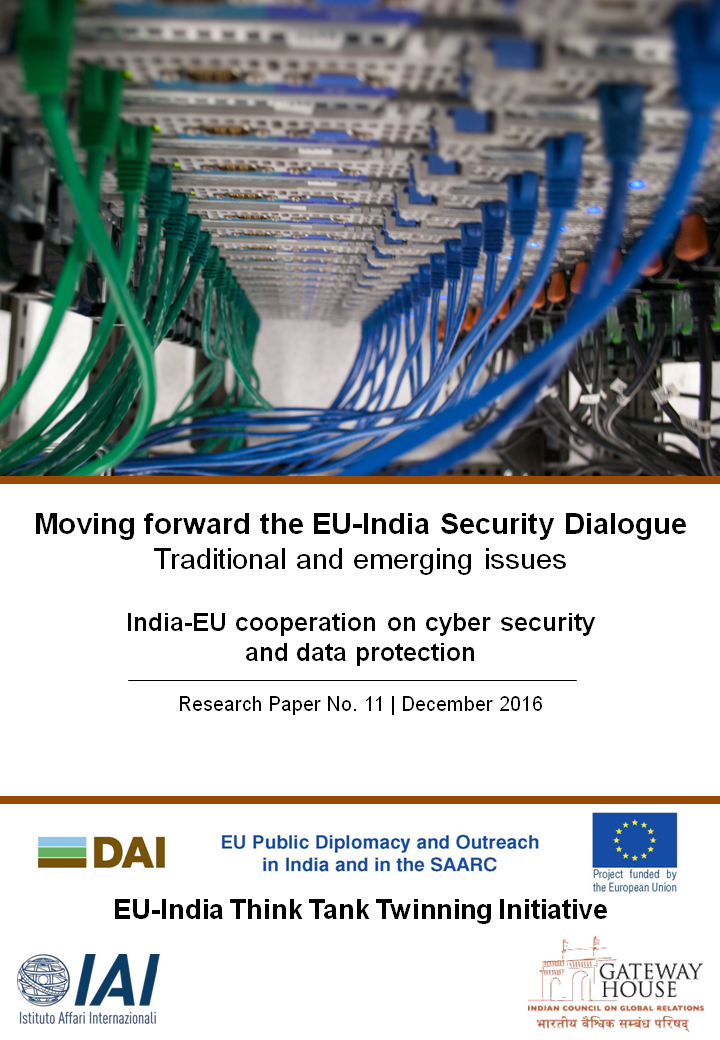 Courtesy: Wikipedia
Courtesy: Wikipedia
Cyber cooperation between India and the European Union currently lacks a security focus despite the common threats they face. Differences persist on both sides regarding India’s data adequacy status which has resulted in a blocking of the Bilateral Trade and Investment Agreement negotiations.